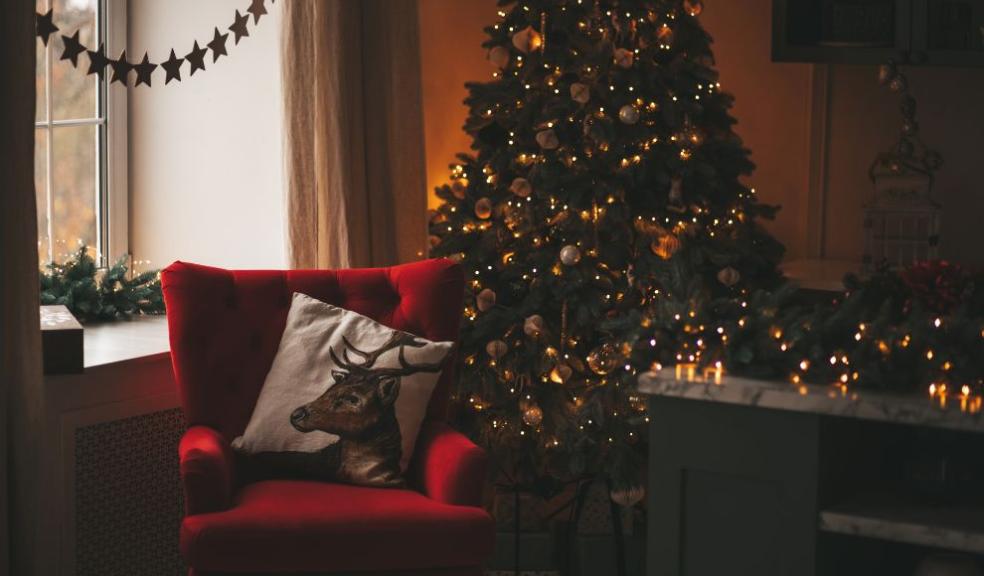
Can you deck the halls in rental property?
|
With the festive season in full swing, homes up and down the country are being decked out with twinkling lights, glistening tinsel, and eye-catching Christmas trees. But, while homeowners are free to decorate as they please, Ocasa warns that renters need to demonstrate some decoration caution as to avoid finding themselves in hot water with their landlords. Read the tenancy agreement All tenants will be aware of the limitations imposed on personalising their rented home. Whether it’s painting walls, hanging pictures, or digging in the garden, landlords can be pretty strict. So, before heading out to buy festive decorations, it’s vital to check what the tenancy agreement says about the type of Christmas spirit that requires holes to be hammered into the walls. If the contract strictly outlaws any sort of decoration, you could risk eviction by getting too festive. Seek permission from landlord If the tenancy agreement is unclear about whether or not tenants can add decorations to the home, it’s always advisable to seek further permission from the landlord. But don’t forget, if the landlord decides to be a grinch and refuse permission, there’s not much that tenants can do. Bigger isn’t always better When it comes to picking a Christmas tree, size is a vital consideration. While it’s tempting to go for the biggest possible tree, it can often be easier and less risky to opt for a smaller option. A smaller footprint means less risk of damage while moving and placing the tree. It’s also vital that the tree, real or artificial, is kept well away from any open flames or radiators to minimise fire risk. Paper over plastic When selecting wall decorations, go for paper instead of plastic. Paper decorations are lighter and easier to hang which means they require less adhesive. Plastic decorations, on the other hand, are heavier and need stronger adhesives that can stain or discolour walls. Don’t skimp on the lights From tree lights to fairy lights, it’s advisable to avoid buying the cheapest option. Not only are cheap lights liable to break at any moment, but there’s a chance they’ve not been tested properly and could present a fire risk. When plugging lights in, don’t overload a socket and don’t leave them on overnight when nobody is around to keep an eye on them. Electrical safety Try to avoid using extension cords for Christmas lights because they are less safe than plugging them directly into the socket. Don’t place any long electrical cords under the rug or carpet because it’s best not to have people walking over them and, finally, if any sockets or extenders start to feel warm to the touch, turn them off straight away! Check your insurance For those who have house or contents insurance, it’s important to check the contract and make sure that the addition of Christmas lights and decorations to the home doesn’t nullify your insurance. If the worst does happen and the home is fire damaged, the last thing you want is to fall foul of the small print from your insurer. Sales and Marketing Director at Ocasa, Jack Godby, commented: “Homeowners won’t think twice about decking the halls at this time of year, but renters don’t enjoy such freedoms and should always seek permission before doing anything that might damage the property, even if it’s as small as blu tack stains or chipped plaster. Most landlords are understanding and relatively easy going when it comes to wear and tear caused by tenants simply enjoying their life in the property, but some may not be so forgiving, even if they don’t seek recompense until the tenancy itself comes to and end. If you don’t have permission and still want to go ahead with decorations, you have to be prepared to pay for any repairs required, from cleaning a stain on the carpet to filling a hole in the wall.” |









